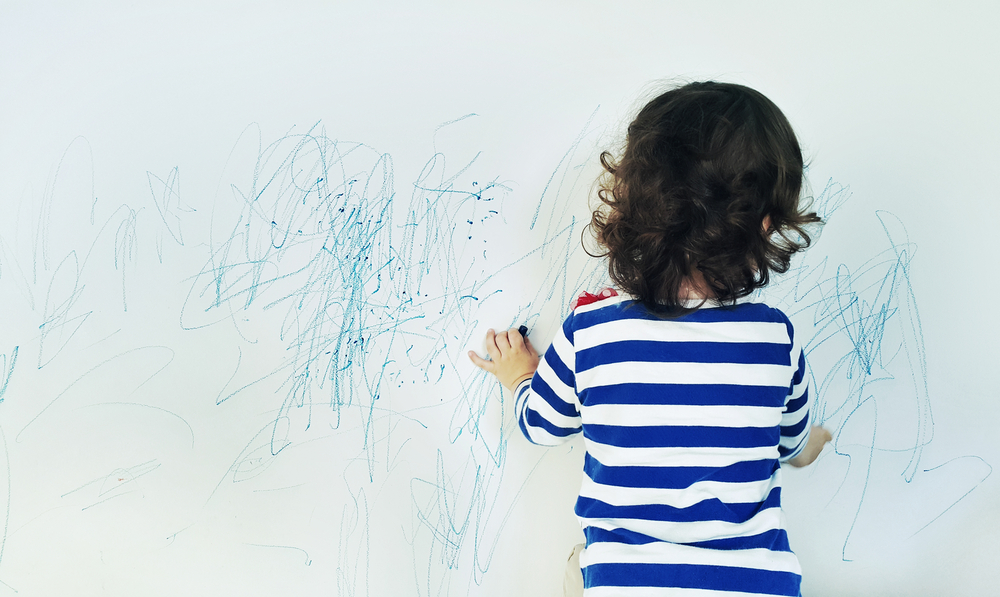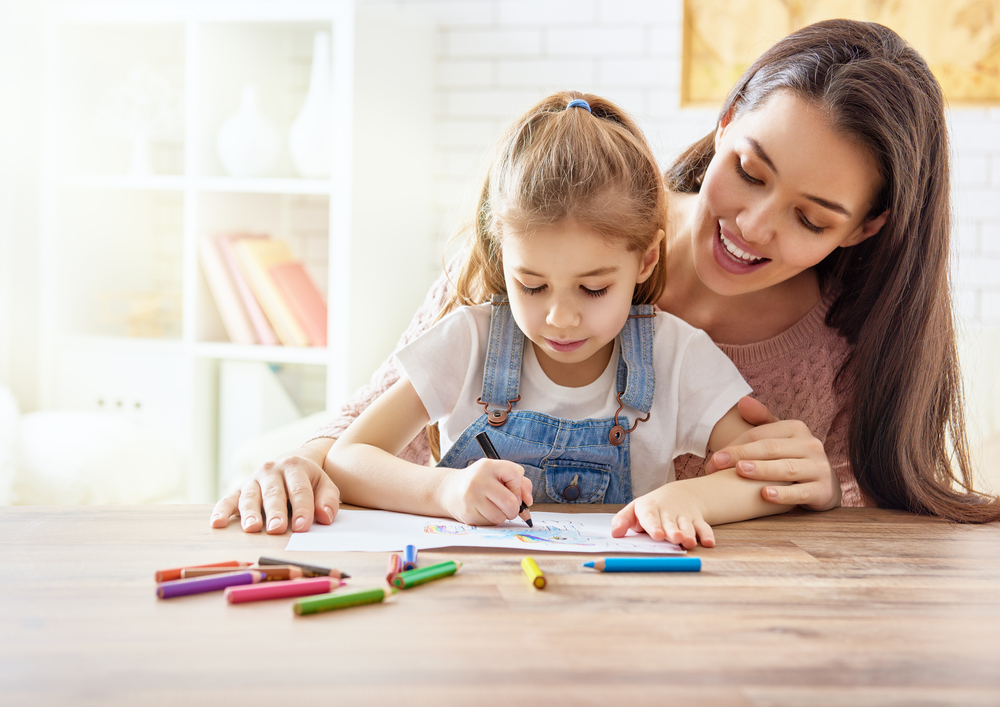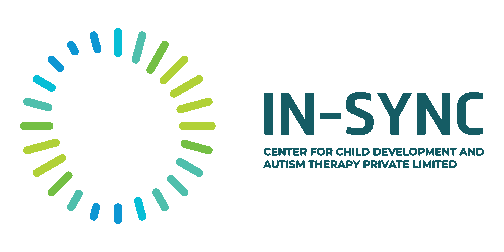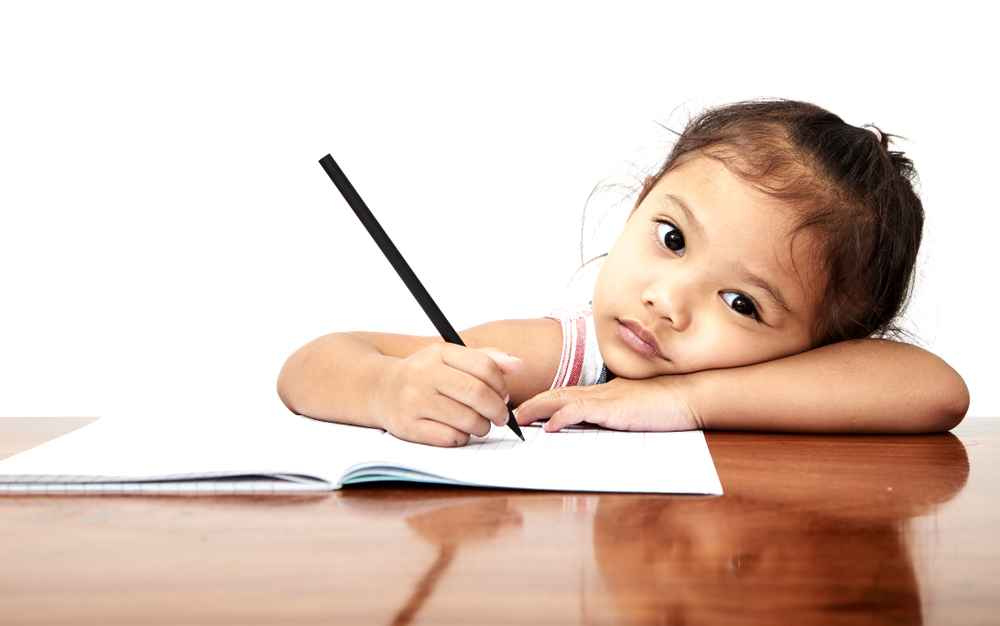Maya was an exceptionally quiet toddler who mostly kept to herself. Once she started going to school, it was evident that there was more to the withdrawn behavior than just a trait of introversion. She started falling behind in class and with the passage of time, it was understood that she required a supportive environment to cope. She faced difficulty in reading, writing, and partaking in regular activities when compared to other children of her age.
One afternoon, Maya’s mother, Suparna came across a piece on alternative education systems that worked wonders on similar traits. This alternative system was termed ‘Special Education’. As she delved deeper, Suparna realized that Special Education gave children with diverse needs and unique situations varied parameters to grow, unlike the monotonous and conventional education system. The most important part here was that she identified that Maya had Special Needs rather than disregarding this as a disinterest in convention.

Special Education deals with an inclusive and holistic learning environment where the motto, ‘One size never fits all’ is followed. With alternative systems in place, we’re getting closer to a world where we encourage and build on the strengths of children instead of encouraging an attitude of scoring the highest in class.
The I.D.E.A provision has been put together with a great deal of understanding, helping parents or guardians opt for an alternative system of schooling within a conventional system. Maya was soon enrolled in one, and her parents could see a great change in her behavior.
To help you understand it better, here are a few features of the Special Education system –
- Strategic pedagogy, which helped Maya and students like her to be able to grasp well, in an environment best suited for them. Often, educationists analyze the kind of learners that pupils are – whether they learn by doing, reading, listening, visual mediums, or a mix of all. Parents could also collaborate on choosing the strategies that would benefit the child most.
- Individualized Educational Plan which, unlike the standardization process that convention dictates, works on every child individually. Forgoing the objectivity of the conventional systems of learning, individual directions and assignments are given to students so that they are able to be at par with their peers, and yet able to express their thoughts and ideas in diverse ways.
- The resourcefulness of Special Education is indeed remarkable with guidance from various speech specialists who help children read, comprehend, analyze, work with numbers, and improve their day-to-day speech. There are trained professionals at each stage of the process to help students learn better, and have the opportunities that other kids do.
The school administration and Maya’s parents worked together to ensure that she is able to grow and develop well. With a combination of traditional classes and Special Education sessions, Maya is able to focus on and build her strengths.

Her special needs are her unique capabilities with which she has been able to develop her confidence without experiencing a complex from her peers or the fear of disappointing her mentors. Eventually this, on a day-to-day basis, will boost her self-esteem, thereby helping her develop a proactive career in school and in life.
The long-term benefits of Special Education include greater acquired comfort with oneself and the surroundings, identification of individual learning patterns, a decrease in anxiety experienced during testing, and intense confidence building.
Conclusion
Have you been worried about your child’s routine? Is there anything that you heard at the parent-teacher meeting that doesn’t sound like regular behavior? Or, are things at school getting tedious?
The first step you must take is to understand your child. Talking to them is imperative and so is understanding their interests and concerns. Discussing what they’re doing at school, their interactions with fellow classmates and mentors is also crucial. Be open – it’s the best way to cultivate a healthy and happy relationship with your child.
If you need help determining the need for Special Education for your child, talk to their instructor or counselor in school. They might refer you to other special education institutes in the city, which are well-equipped with specialized trainers who work with each child individually and help your child based on their needs, thereby guiding them to learn and live better.


Add Comment